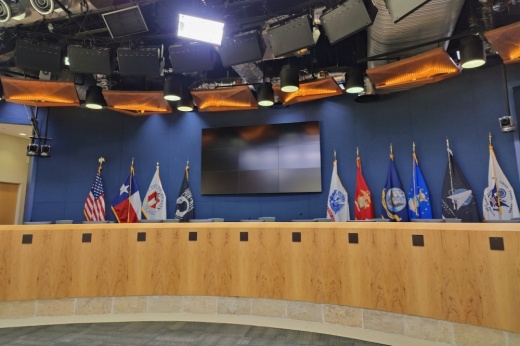The details
The public hearing Oct. 26 will offer an opportunity for Austinites to weigh in on potential updates to the city's land development code. The concepts were initially supported by council earlier this year but have yet to be finalized and formally added into the code.
Topics under consideration include:
- Raising the unit cap on single-family properties from two to three as well as adjusting city regulations for properties with two housing units: The plan represents half of Council Member Leslie Pool's Home Options for Middle-Income Empowerment, or HOME, initiative that won initial council approval this summer; the other half would reduce the minimum lot size needed for residential construction.
- Allowing tiny homes and RVs in single-family areas: The city's zoning rules only allow for RVs in specific areas, while opening the door for more tiny homes has been under discussion at City Hall for years.
- Eliminating occupancy limits for housing units in the city: The move to clear away restrictions on the number of unrelated adults who can live together in Austin was proposed by Council Member Zo Qadri this spring.
The October joint session will be the first such meeting held in Austin involving council members and planning commissioners, a spokesperson confirmed.
After the joint session, the commission will review and make recommendations on the items at one of its next meetings. Council is scheduled to vote Dec. 7 on final ordinances for each topic.
The context
Additional focus on public participation comes as several housing initiatives have drawn significant community attention this year and follows past legal challenges over how officials handled public engagement.
The previous City Council's attempted passage of a comprehensive land development code rewrite was wiped out after a resident group's protest blocked the update in court, given the city's failure to properly notify Austin property owners about the changes and allow them to protest. That outcome also inspired an ongoing effort to overturn four affordable development programs based on similar complaints.
Going forward, the new joint public hearing format and accompanying resident notifications may be used for other high-profile land use votes, such as the remaining portion of HOME and the likely reduction of compatibility standards across the city.
“From my perspective, ... as we consider notice going forward on any of these items that make these kinds of changes, my hope is that we seek robust, complete notice in a way where people feel like we have a credible process; they’re not being left out,” Mayor Kirk Watson said of the process in September.





